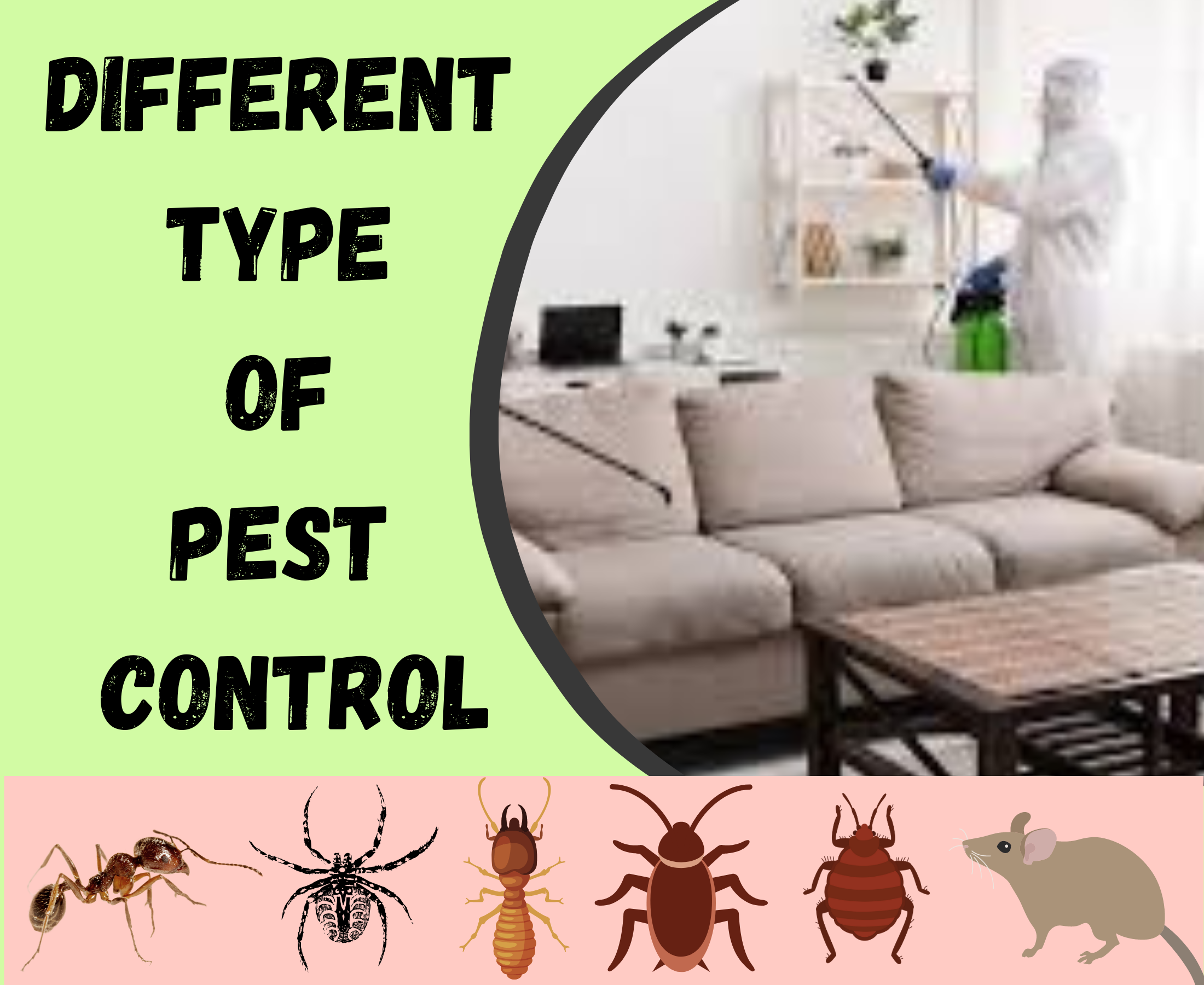More About Pest Control
More About Pest Control
Blog Article
The Best Strategy To Use For Pest Control
Table of ContentsRumored Buzz on Pest ControlSee This Report about Pest ControlThe Buzz on Pest ControlThe smart Trick of Pest Control That Nobody is DiscussingWhat Does Pest Control Do?
Limitations of Chemical Management Be able to analyze parasite issues, determine if administration is necessary, and make appropriate referrals utilizing IPM techniques. Be acquainted with various methods of parasite administration - their benefits and restrictions.This phase discusses (IPM), a technique that uses expertise about insects and their, techniques, nonchemical methods, and pesticides to manage bug problems. Extra details concerning IPM for details plants is included in phases that focus on those plants. Pests in a garden or landscape might consist of insects and mites, weeds,, animals, and birds.
Lots of people rush to pull, hoe, or spray every weed they see. Insects and weeds, nevertheless, play a duty in the. After growing a garden or developing a lawn, the natural process of plant sequence starts to restore and nonnative plants. A weed expanding in a grass stands for the first phase in a sequence of events that, if allowed to continue, might ultimately lead to a forest.
What we call "bugs" are part of a natural system at job. Just people think about particular species parasites when they take place where they are not wanted.
Some Known Facts About Pest Control.
Bugs at risk to a chemical were promptly eliminated, leaving resistant ones to reproduce and multiply. It came to be clear that pesticides alone would not resolve all insect troubles.
An IPM strategy allows some degree of pests in the atmosphere. Pests are a lot less most likely to endure a program that makes use of several different methods of minimizing their populations. Integrated parasite administration was initial recommended by entomologists since bugs were the very first team of insects to verify tough to handle with chemicals alone.
A limit is the factor at which action ought to be taken. IPM has actually extended past pests to administration of all pest populations: weeds, disease microorganisms, and animals.
Getting My Pest Control To Work
Monitoring instead of obliteration of bugs is the goal. An IPM strategy begins with a mindful assessment of each parasite infestation. Just after that can one make a decision regarding the ideal tactics necessary to reduce pest tasks. The life process of the pest, possible damages, all-natural opponents, and effects of weather, to name a few aspects, are taken into consideration prior to a control plan is implemented - Pest Control.
Clover expanding in a yard may be seen as an unwanted weed, however as a vegetable it is synthesizing nitrogen for the dirt and the flowers are giving nectar to honey and other. Resistance for some weeds might be part of an IPM strategy. might be eating the fallen leaves of a plant, however when they are identified as the larvae of Eastern tiger swallowtail butterflies, special info their damage might be tolerated so we can enjoy the lovely butterfly.

The second essential tool in parasite management is early intervention. Being present and observant recommended you read in the garden ensures early detection. Reacting to problems quickly, prior to they have time to increase, requires a much less remarkable intervention. The third most important tool is recordkeeping; tracking what takes place in the yard allows a gardener to recognize patterns and make informed choices.
The 10-Minute Rule for Pest Control
Numerous safe, useful, nonchemical techniques of plant defense and bug management may reduce or get rid of the requirement to spray. Other methods are most useful when utilized with pesticides. To execute administration practices properly and to minimize losses, gardeners must be conscious of the sorts of parasites that attack plants and understand pest biology.

Conducting a dirt examination and applying just the suggested amount of plant food and lime makes best use of the advantage to the plant while minimizing issues associated with too much use plant food - Pest Control. browse around this site Treatment the soil with several inches of compost protects the plant in several ways: lowering dirt water loss to evaporation, reducing weed competitors, offering nutrients, and producing an appropriate setting for earthworms and microbes that maintain the soil loosened for roots and damage down organic product to release nutrients
If mulch touches the trunk, it can produce a means for voles, germs, and fungis to attack the plant. Do not utilize manure or garden compost that has not thoroughly decayed as a leading dressing due to the fact that it can motivate undesirable insects. Study suggests that tilling the dirt is detrimental to soil framework.
Pest Control - The Facts
If tilling is regarded needed, think about doing it in the loss when the life cycles of many pests brings them near the surface. At the surface, insects become exposed to the climate as well as birds and other all-natural opponents.
Report this page